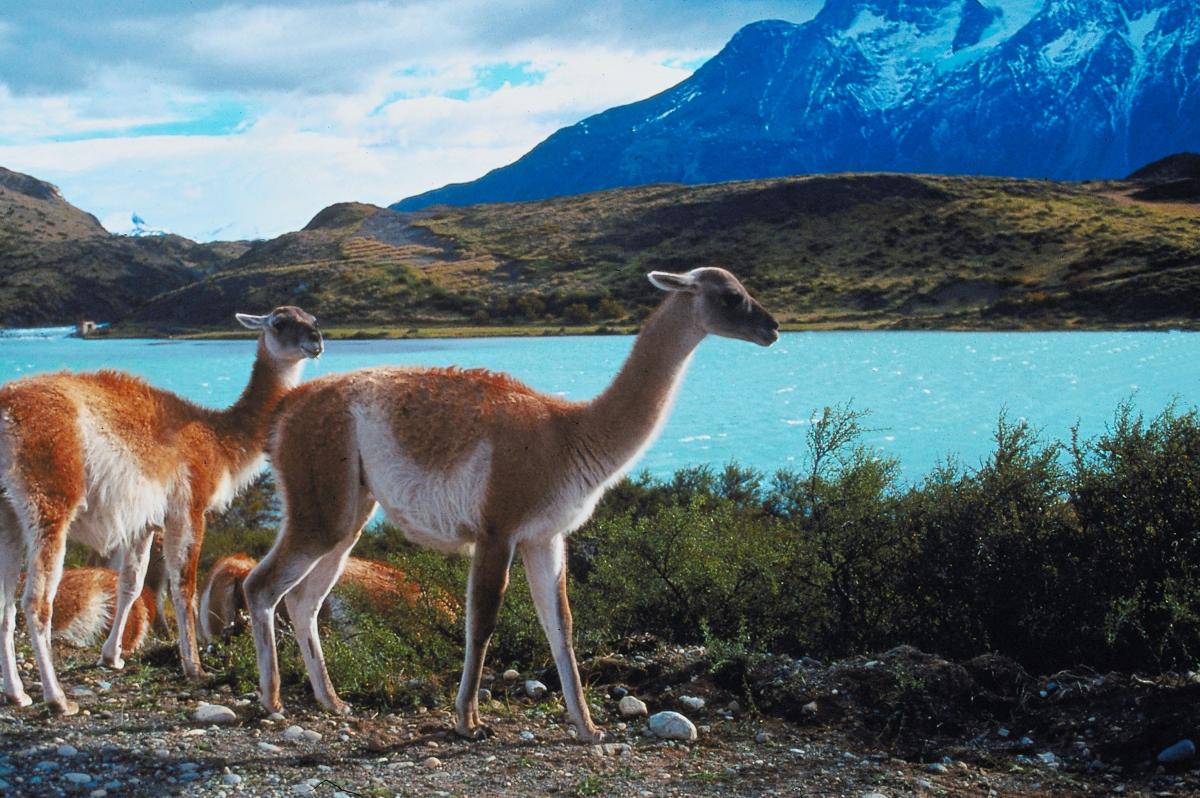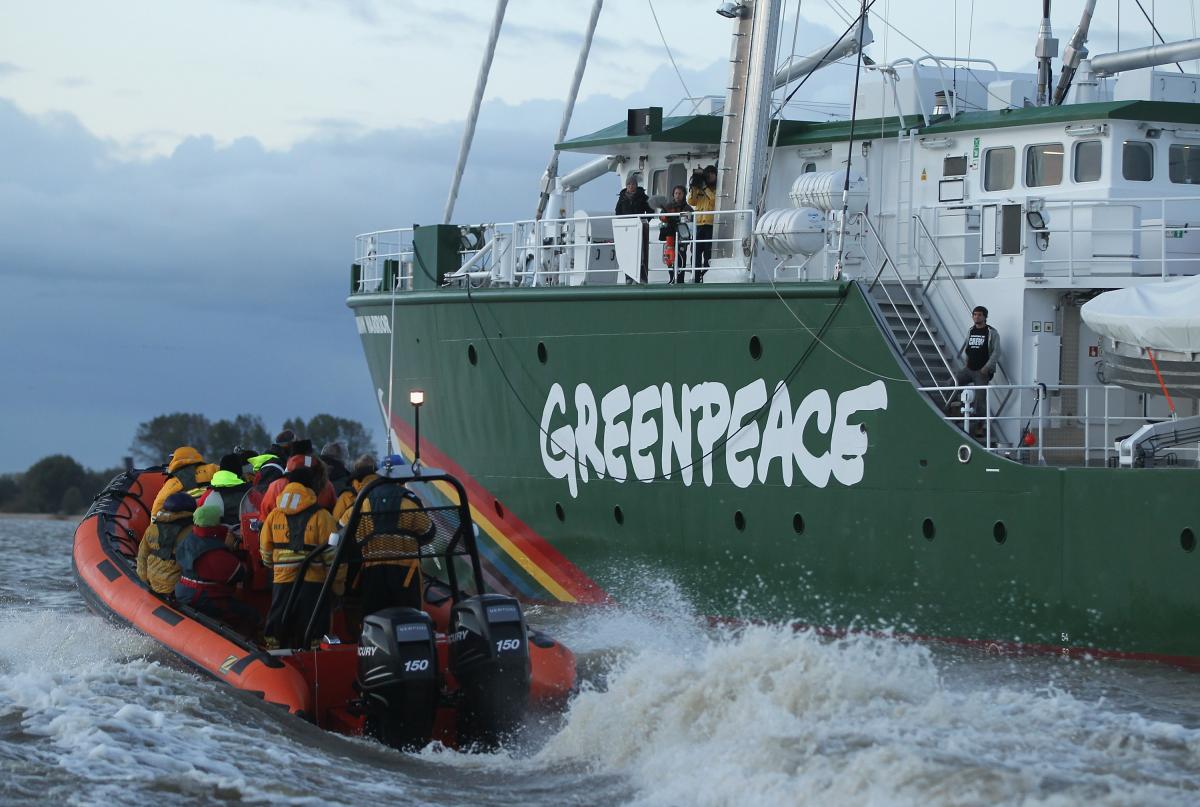Carbon quotas for Chinese motorists, Chilean dam plans busted and a mixed time for Greenpeace
Personal carbon trading
The southern Chinese city of Shenzhen is considering an extension to its emissions trading system (ETS) that would see car owners buy greenhouse gas quotas.
The city's vice-mayor, Tang Yie, said the measure could be used to combat rising emissions from transport, which are undermining cuts in Shenzhen's industrial emissions. Speaking at a low-carbon conference in June, Tang said the issuing of carbon quotas could encourage motorists to drive less, because they would be able to sell any leftover carbon allowances. The system could start in 2015. Shenzhen, which borders Hong Kong, is one of six Chinese cities with pilot emissions trading programmes. China's National Development and Reform Commission has said China will have a national ETS by 2020.
Dambusters
Campaigners in Chile have scored “one of the greatest environmental triumphs of the decade” according to Greenpeace, as the Chilean government revoked authorisation for a $10bn dam project in Patagonia.
The HidroAysen hydroelectric project, to be built by electric utility companies Colbun and Endesa Chile, was approved in 2011, and would have involved the construction of five dams in the southern Aysen region.
However, Chile's new government, elected at the end of 2013, quashed the project, saying that environmental impact assessments were inadequate, and that there were insufficient plans to help local people who would have been displaced. A majority of Chileans opposed the project. “It has been the people who put care for the environment ahead of the ambition of a few,” Greenpeace said.

Turning the screw
British security multinational G4S has said it will cut its ties with the Israeli Prison Service in 2017 in the face of increasing pressure from divestment campaigners.
Prompted by ethical concerns, the Gates Foundation, which manages the investments of the Bill & Melinda Gates Foundation, has sold its interest in G4S, followed by the largest protestant church in the United States, the US United Methodist Church. The decisions are the latest in a long line by universities, unions and nonprofits to end their relationships with G4S.
Meanwhile, the UK National Contact Point for the OECD Guidelines for Multinational Enterprises has announced that it will investigate G4S over a complaint that facilities managed by the company in Israel are operated in breach of international human rights standards. G4S responded that the complaint, from Lawyers for Palestinian Human Rights, was politically motivated.
The colour of lost money
Greenpeace has issued an embarrassing mea culpa after losing €3.8m of donors’ money in an ill-thought-out currency transaction.
An employee in the campaigning giant's international finance unit has been sacked after entering into a deal to buy foreign currency at a fixed rate – resulting in the loss when the exchange rate went the wrong way for Greenpeace. The loss accounted for more than half of Greenpeace International's budget deficit of €6.8m in 2013.
The charity said it “understands that supporters and donors will rightly be surprised and disappointed” and that the loss would be made up by “amending planned infrastructure investments”, not by cutting back on campaigning. A full independent audit has been started to look into the fiasco.

No gay rights, no contract
Companies that want to profit from contracts with the US federal government will have to respect gay rights, under an executive order signed by President Barack Obama in June. The move to some extent fills a gap in US legislation, which has no specific provision banning workplace discrimination against LGBT (lesbian, gay, bisexual and transgender) people.
The order is also a response to the blocking by Republicans of a proposed Employment Non-Discrimination Act. The order will write into federal contracts, which amounted to a whopping $460bn in 2013, rules on respecting LGBT rights. Anthony Romero, director of the American Civil Liberties Union, said the move was “historic”, adding: “President Obama's commitment to LGBT equality will be one of his lasting legacies.”
Park plan parked
Conservationists are claiming a victory after UK oil company Soco agreed to pull back from operations in Virunga national park in the Democratic Republic of the Congo (DRC). The announcement followed a WWF campaign and the referral of the company to the UK National Contact Point (NCP) for the OECD Guidelines for Multinational Enterprises. Virunga is a biodiversity-rich world heritage site, but has an uncertain future because of conflict in the surrounding countries.
After NCP mediation, Soco said it had agreed not to “undertake or commission any exploratory or other drilling within Virunga National Park unless Unesco [the United Nations Educational, Scientific and Cultural Organisation] and the DRC government agree that such activities are not incompatible with its world heritage status.” The African Conservation Foundation said WWF's victory could be temporary: Soco will continue to survey the park for oil, or could sell its concession, or the park's status could be changed, resulting in the removal of safeguards against drilling.
Good sports
Sports brand Adidas has made a series of commitments on the use of hazardous chemicals in its products. The company pledged in June to provide “full transparency” on chemicals throughout its supply chain, starting with disclosures by the end of 2014 related to “wet processes”, or operations involving chemicals and water, carried out by its suppliers in China.
By mid-2016, wet process disclosures would cover 80% of its global supply chain, Adidas said. The company added it would also substitute perfluorinated compounds – chemicals linked to toxic and hormone-disrupting effects – in its products with safer alternatives by the end of 2017.
The Adidas commitment on chemical management is available here.

Materiality assistance
The Governance & Accountability Institute (G&A), a New York sustainability consultancy, is offering companies a shortcut to establishing which sustainability issues are material for them, in preparation for reporting using the Global Reporting Institute G4 standard. G&A analysed nearly 1,300 corporate sustainability reports, and ranked 84 GRI standard indicators by relevance, spanning 35 sectors.
The most important indicators for each sector are listed by their GRI codes – so for automotive, for example, the most material issue according to G&A is GRI G4-EN21: nitrogen oxide, sulphur oxides and other vehicle emissions. G&A's reports cover sectors from agriculture to water utilities. The analysis would help companies with their “comprehensive materiality process” as the basis for meaningful reporting, G&A said.
Adidas Chile China pollution Demoncratic Republic of Congo G4S Greenpeace Shenzhen
